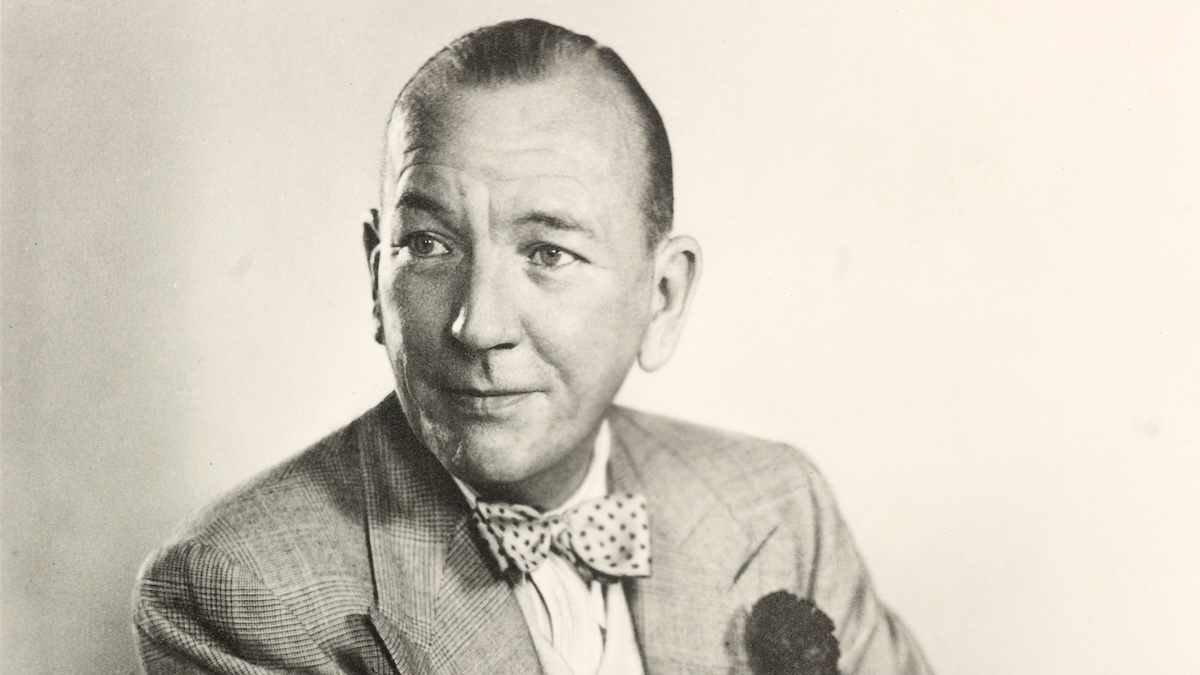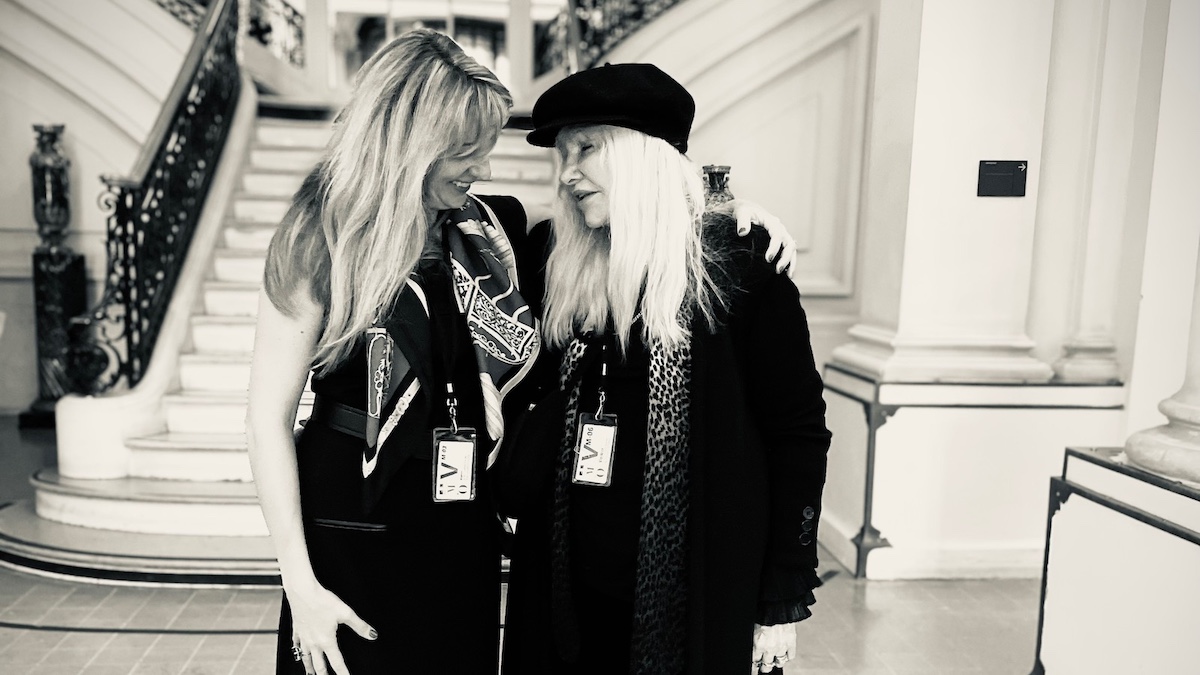
If you’re looking for a word that can describe playwright Tanya Saracho, she would offer the term teatrista. She’ll even spell it for you, with a chuckle:
“I know you’re going to ask how to spell it.”
For those not necessarily entrenched in the Latinx community, she’s a hyphenate; a theatre-maker who started her career by doing a little bit of everything for a Latinx company in Chicago, Teatro Luna. Everything from acting to producing to running the box office, and, you know, she wrote some plays, too.
“I started writing a lot of the plays, like the single-author plays, and big theaters like Steppenwolf and the Goodman started coming to see the stuff and they started taking notice… So all of a sudden the Goodman gave me an award and a commission, and they were like ‘Here, write us something.’”
As Tanya wrote more plays, most of her other duties fell by the wayside. It’s a fault that many theatre-makers can agree is a downside to the industry the further you advance in your career.
“Sometimes [producers] only want you to be one thing, especially in the American theatre. You know, when you come as a visitor and as a playwright, they do your play and then you go away. I was used to this Chicago ensemble aesthetic, but that’s not how the regional theatre movement works. So all of a sudden that washed all of my other titles away, then I was just a playwright.”
But being a playwright does have its perks.
“I like having control. You have more control as a writer. Actors don’t have a lot of control.”
With that control comes the voice that Saracho has crafted into a very specific niche that audiences don’t often see; a non-stereotypical representation of the Latinx community.
“You know how Jill Soloway is talking about the female gaze? I’m interested in the Latina gaze for the foreseeable future.”
Saracho has written plays that expand upon the canon of Latinx plays. In her play Mala Hierba, she introduces us to Liliana, trophy wife to a wealthy man, who is torn between her desire to live a comfortable life while supporting her parents and wanting to leave it all for her old flame Maritza. Looking for a comedy? Try Enfrascada, an exploration of magic and love featuring a group of ladies trying to mend their friend’s broken heart by experimenting with different forms of magic, including Santería, hoodoo, and brujería. Prefer the classics? Take a look at El Nogalar, a Latinx adaptation of Chekhov’s The Cherry Orchard that explores class and family bonds along the Mexican border. New Yorkers will be most familiar with Tanya’s most recent play, Fade, which peers into systemic racism within the television industry and even within the Latinx community.
“I’m really interested in exploring gender, class, and even nationality. Immigrant identities are not your stereotype identities that we’re used to seeing. We’ve been seeing our grandparents’ narrative of how we got here, and I’m really interested in that millennial narrative.”
Saracho’s desire for diversity of representation began early in high school in McAllen, Texas, where she and her best friend, Raul, used to go through the catalogs and order scripts, especially if they were by fellow Latinx writers.
“We didn’t have that many in the canon. [Latinx playwrights] were writing plays, but they were not being published, so anything we could get our hands on was sacred. We had dog-eared copies of José Rivera, Milcha Sanchez-Scott, and Octavio Solis that we would order together and read them to ourselves and borrow them and write in them. We couldn’t get our hands on Latino playwrights in school because they weren’t teaching them, so we had to order them from Samuel French.”
You can’t just place Saracho’s influences into one niche, though. Some of the most formative writers for her came from the Chicago stages.
“August Wilson was a big influence. Just because I watched the whole Cycle on the Goodman stage, you know? It just did something to me. Lynn Nottage and Lydia Diamond were early influences when I was forging my identity as a Chicago artist.”
Much like her character in Fade, Saracho’s work has recently shifted toward writing for television. She has written for shows like How to Get Away with Murder and Looking, and is currently showrunner on a series in development for Starz called Pour Vida.
“It’s kind of like a full circle thing because I started with Teatro Luna and I was a producer. And now, show running is a lot of the same skills.”
Yet, whether writing for TV or theatre, Saracho won’t stray from her ultimate goal; telling stories about Latinas.
“Thematically it’s the same stuff from 2000 when I was starting to write; Latinas at the center, women of color, just a feminist Latina take. Like the Gloria Anzaldúa take, intersectional, you know? I think that’s just my mission and that’s not going to change. People ask me sometimes, ‘Do you want to keep limiting yourself being a Latina playwright?’ I find that so offensive. How is that limiting? There are boundless unlimited stories and points of view. I support a lot of my Latinx playwright contemporaries that don’t want to write about identity. That’s fine, but I do. And I don’t think I’ll ever run out of ideas.”

Noël Coward’s Travels

Kate Chopin in New Orleans: Mother-Daughter Author Duo Collaborate on Historical Book

